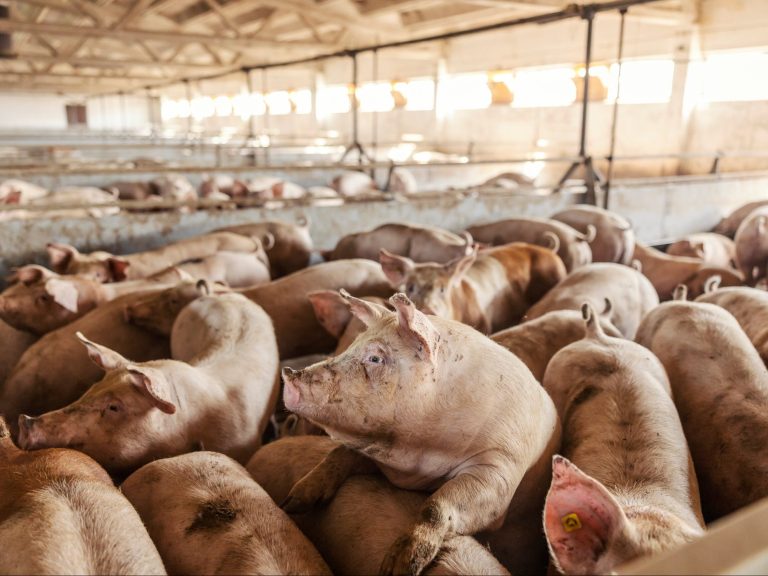The Frankowicze family received a decision from the Supreme Court. “It's better than we expected”

The resolution adopted by the Supreme Court on Swiss franc loans confirms the previous findings of the Court of Justice of the EU and will not change the existing case law. “It is better than we expected,” said Karolina Pilawska from the Pilawska Zorski Adwokaci law firm in an interview for Wprost.pl.
On April 25, after three years of waiting, the Supreme Court passed a resolution on Swiss franc loans. He sided with Swiss franc borrowers and actually confirmed what the Court of Justice of the European Union had already ruled. – This resolution is in line with European case law. In the oral reasons for the decision, although we do not have written ones at the moment, the Supreme Court has repeatedly referred to the judgments of the CJEU and to judgments issued in Polish cases. This resolution confirms what Swiss franc borrowers have achieved over the years of fighting in the courts, said Karolina Pilawska.
Limitation of claims
The only new thing that appeared in the Supreme Court's resolution is the decision on the commencement of the limitation period. The Supreme Court found that it begins when the customer challenges the loan agreement.
– The Court of Justice of the EU refused to answer the question last year. This is a topic that has been discussed before, but the courts have avoided it. The Supreme Court indicated that the three-year limitation period for a bank's claim for a return of capital begins when the consumer questions the contract; this may be a complaint, a call for a settlement attempt, or, as a last resort, a lawsuit, says Karolina Pilawska.
Conflict in the Supreme Court
The so-called old judges of the Supreme Court nominated by the constitutional National Council of the Judiciary. The resolution was adopted by 17 judges nominated by the neoKRS, chaired by Joanna Misztal-Konecka, president of the Supreme Court in charge of the Civil Chamber. The Prosecutor General wanted to exclude the so-called neo-judges from the adjudicating panel, but the Supreme Court did not recognize his application.
– In my opinion, this will not affect the jurisprudence in common courts. These judges will rule as before, citing EU case law, said Karolina Pilawska.






